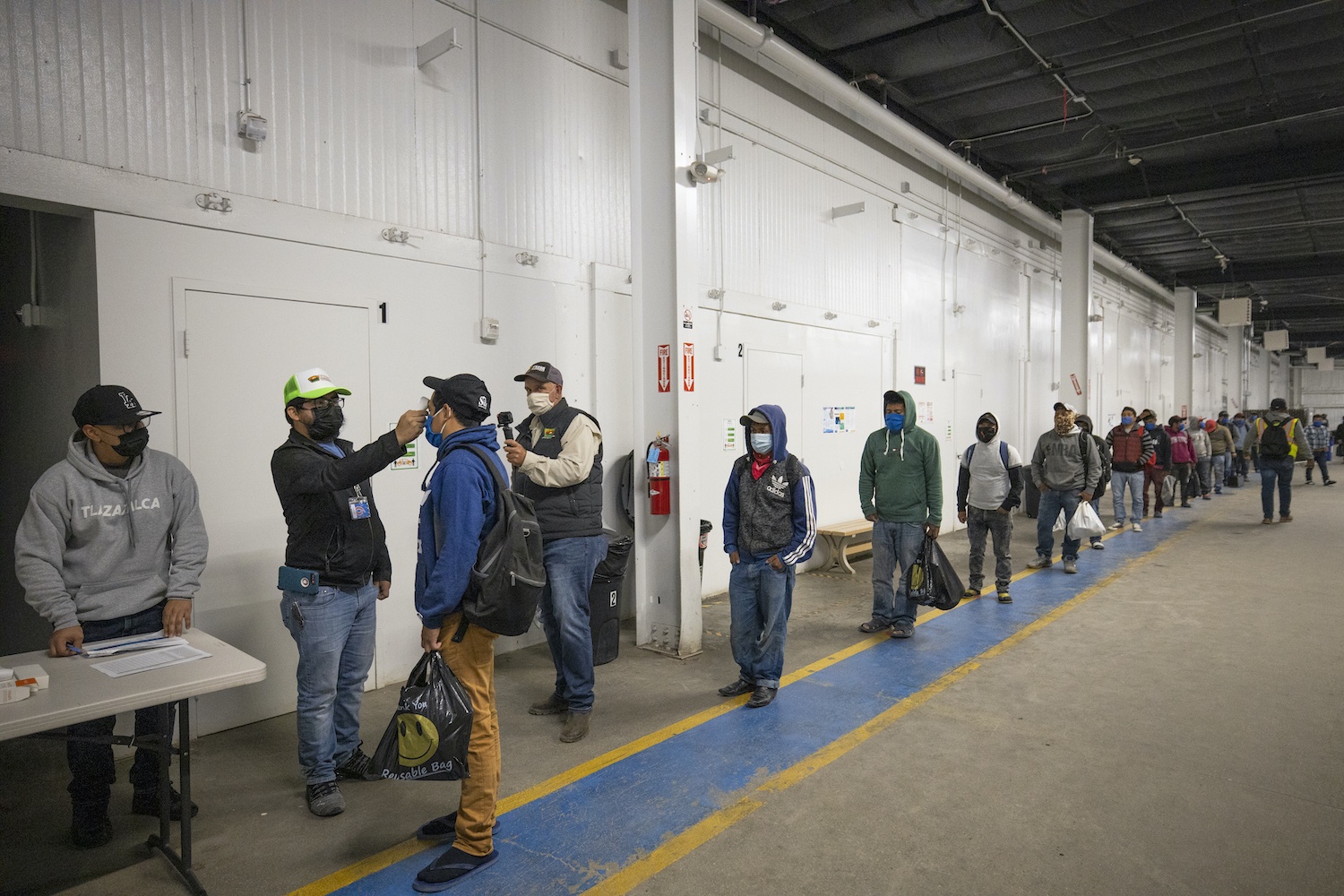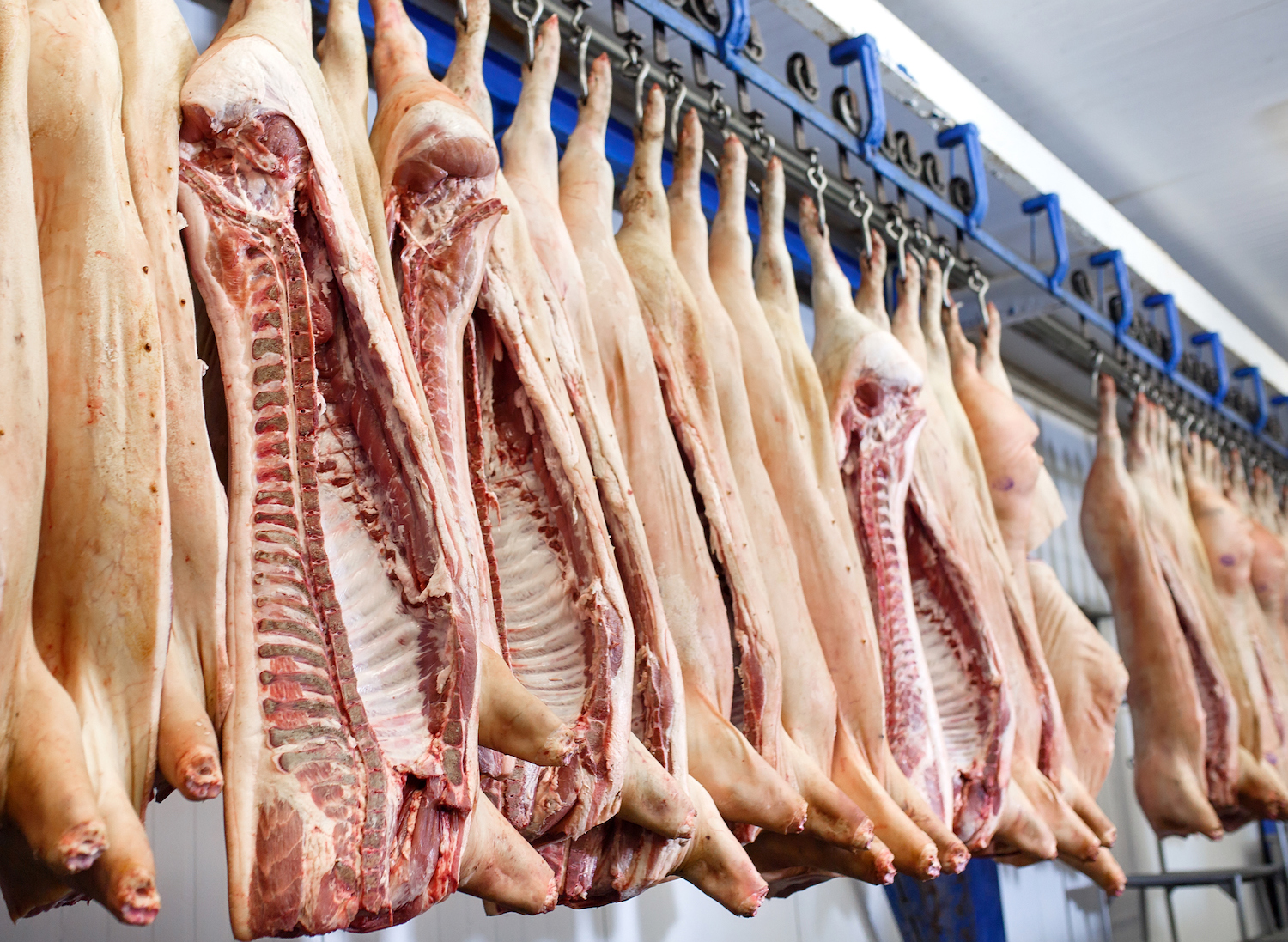There are benefits to performative Covid-19 safety measures, even if they’re technically “hygiene theater”
The ongoing debate over the merits of public “safety” measures like temperature checks before events or QR code restaurant menus is getting as tired as the pandemic itself. Critics of “hygiene theater”—a phrase first coined by Derek Thompson in The Atlantic in 2020—say it’s useless, can be wasteful, and can even offer a false sense of security. But that frustration, writes Colin Dickey for a recent piece in The Atlantic, is really “nothing other than misplaced frustration with the pandemic itself.” Many of the gestures we’ve picked up in our attempts to keep this grueling virus at bay are certainly overkill, he admits. But “not everything performative is without merit,” argues Dickey. For many, habits adopted—particularly in the beginning phases of the pandemic when there was a dearth of authoritative information about what could keep us safe—have become rituals. And there’s benefit to ritual, writes Dickey. They can give us a sense of safety, even when the latest science doesn’t necessarily demand them. (And they may have some other unexpected benefits, too. A recent CDC study found that Covid-19 safety measures like hand washing may have contributed to a significant drop in the number of cases of food poisoning in 2020.) —Sofia Sokolove


